Trivial fighting is okay in relationships but you should avoid mean fighting strategies.
The need to Win
All intimate partners have conflict from time to time. When people blend their lives together, they are bound to see some situations differently and need to resolve those differences.
Disagreements are stressful for everyone and, depending on how love partners treat each other during those conflicts, they will either bring a couple closer together or increase the emotional distance between them.
Disputes that lead to greater understanding and new perspectives can actually increase excitement and continuing discovery in a committed relationship.
Romantic partners who have learned how to argue productively while maintaining respect for each other during their conflicts can create a new emotional universe that neither partner could have created alone.
In contrast, many romantic partners fight in ways that consistently hurt their relationship. Soon into any dispute, one or both become need-to-win combatants, establishing their superior position at the expense of their partner’s.
As these kinds of disagreements escalate, these combatants use any behaviors and strategies they can muster to win the argument in any way they can. The result of these adversarial styles is often mutual isolation, unresolved anger, and painful wounds.
Read 7 Ways To Fight Right in Relationships
Need-to-win fighting styles are often unconscious behaviors that are learned in childhood and continue in subsequent relationships.
Many people are not even aware of when or where they learned to fight this way or why they continue to do so. They can easily see that they are having constant difficulty resolving their relationship disputes, but they have not connected their need-to-win fighting style, itself, with that lack of successful outcomes.
In the four decades I’ve been working with couples in relationship distress, I have witnessed this need-to-win destructive fighting style in many forms, but there are ten that most often appear.
When I am able to point them out to couples as they emerge in their interactions, they are often surprised when they see that the way they fight is the actual culprit behind their lack of ability to adequately resolve their disagreements.
When they understand that a different way of handling disputes can turn them from adversarial combatants to a mutually effective debate team, they are very often enthusiastic to learn how to do that.
As they become a mutually supportive team when they are in conflict, they begin to come up with innovative solutions to problems they had not been able to resolve in the past.
The Ten Most Common Need-to-win Fighting Styles
1) The Silent Treatment
Often accompanied by crossed arms and a supercilious expression, the silent treatment is one of the need-to-win fighting styles that is designed to get the other partner to expose his or her thoughts and feelings without doing so him or herself.
As the silent partner stays disconnected, the other partner’s distress tends to escalate, giving the winning edge to the one who stays hidden.
Read 6 Steps To Disarm The Silent Treatment Without Making it Worse
2) Invalidation
When feeling attacked or unnerved, many people fight back by challenging and devaluating any reasons the other partner has for feeling the way he or she does.
These focused fighters often bring in other people’s confirmations of their own point of view to beef up their position or go after the ways their partner has failed in the past. The goal of this fighting style is to create self-doubt in the other person.
3) Escalation
In most relationships, one partner tends to be more dominant, more able to be direct, and stronger in the way he or she feels and thinks.
These people are often in relationships with partners to tend to be quieter, more methodical, and more reflective before they voice their opinions.
When these couples argue, the need-to-win dominant partner is highly likely to use powerful and intense energy to escalate the argument into greater emotional intensity. The other partner’s ability to fight back is quickly over-powered.
4) Piling on other issues
When need-to-win partners feel that they might be losing an argument, they often respond by diverting their opponents with other issues.
They may do so by rehashing the past, talking about other problems, or trying to get the other partner to focus at his or her own flaws.
The goal of bringing up additional issues is to confuse the one at hand by overloading the situation with past conflicts that are not pertinent at the time. When this fighting strategy works, the other partner cannot stay on point and is unable to resolve the initial issue.
5) Character Assassination
When they feel cornered and losing a fight, many need-to-win fighters resort to this effective but terribly destructive response.
Instead of sticking to the situation at hand, they challenge the other partner as to how he or she is basically flawed in some way, using every example they can to drive in their point.
They attempt to convince the other partner that his or her core personality deficits that make them unworthy of challenging the issue at hand, or any others.
The response of the accused is usually feeling as if he or she is on a symbolic witness stand, defending those painful devaluing judgments.
6) Arguing from a distance
The farther away partners are from each other during a conflict, the easier it is for either of them to hurl accusations and insults without feeling responsible for the effect on the other.
The distance also allows the need-to-win partner who claims it to more easily assess the weakness of the other, and to take a more protected stance.
It also can alleviate guilt because the intimacy of closeness is diluted and responsibility for causing pain is easier to ignore.
Read 4 Toxic Behaviors That Are Ruining Your Relationship
7) Hitting Below the Belt
During any disagreement, partners who care for each other know what they can use in an argument and what they must never say no matter how heated the conflict becomes.
They trust each other to never use the special knowledge they have of one another’s deepest vulnerabilities to win an argument.
The most serious and relationship-destructive conflicts occur when one or both partners break that trust by using the sacred information they know about the other to gain an unfair advantage during a confrontation.
8) Martyrdom
An insidious but often effective strategy to win a fight is to begin beating oneself up on the other end of any accusation or challenge, and then blame the other partner for the exaggerated self-destruction.
These kinds of fighters act as if the other’s accusations were much worse than they were intended in order to make the attacking partner feel guilty and then back down.
9) Intimidation
In any committed relationship, threats of abandonment, exile, and escalated aggressiveness are needing-to-win fighting styles that are intended to make the other partner feel insecure and fearful of loss.
The goal is to use that response to have him or her focus on what might could be lost if the fight continues.
10) Feigned indifference to outcome
Whether they feel differently inside or not, partners who pretend they don’t care about whether they win or lose can actually win an argument by acting as if they are giving in without really agreeing.
The other partners can feel the ruse and know that they have essentially been robbed of power or influence by the “playing dead” posture of the other.
None of these needing-to-win fighting styles will ever lead to a productive resolution of conflict. Rather than the partners listening, respecting, or being open to each other’s experience, they continue to see only their own positions and to do whatever they can to wipe out the other’s reasonableness.
The arguments that ensue from these no-win battles create deepening grooves of resentment that become harder to overcome over time.
Once these negative fighting styles are identified and stopped, couples can begin to deal with conflict in more productive ways. They are ready to learn the rules of productive disagreements.
There are multiple sources that are available to help intimate partners learn how to fight productively. I have written many articles in this area for Psychology Today Blogs that are available on my website. The following is a simple synthesis of the wealth of knowledge in this area.
Seven Simple Rules to Begin Changing Negative Conflict
1) Avoid arguing at all if you are tired, frustrated, or there isn’t enough time to adequately resolve the situation.
2) Sit close to one another, preferably physical touching in some way.
3) Listen completely to the other’s point of view. Support does not mean to have to see things the same way.
4) Argue only one issue at a time. If others get brought up, agree to talk about them separately and only after you resolve the one at hand.
5) Don’t add support to your position by using other’s opinions or past arguments to bolster your argument.
6) Stop the conflict if either one of you escalates the need to win.
7) If you cannot stop from employing a needing-to-win style when you disagree with your partner, seek out the support of a mutually respected professional or lay witness to observe.
Following these guidelines may initially seem hard, but they get easier over time. The compounding rewards encourage most couples to continue practicing them. Disagreements that are handled with mutual respect and support both enhance and strengthen the intimate connection between the partners in committed relationships.
Read Help Your Partner Understand Your Side of the Conflict in 3 Steps
My patients who have left this negative combat style behind and practiced this new way of conflict resolution not only have fewer conflicts and more successful results but heal more rapidly when they do disagree.
Written by Randi Gunther, Ph.D
Originally appeared on: Randigunther.blogspot.in
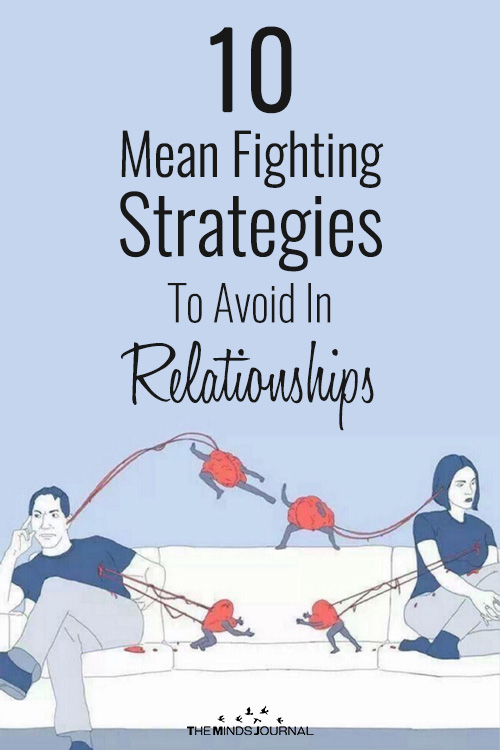
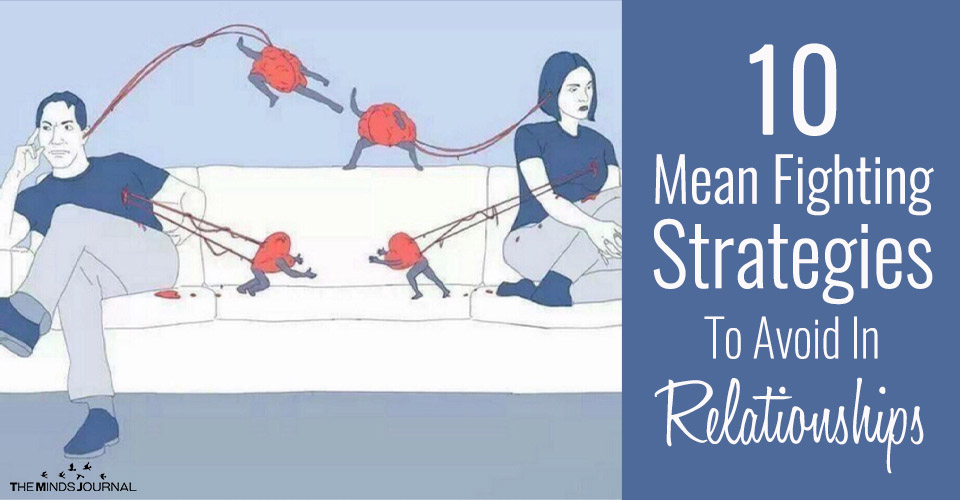



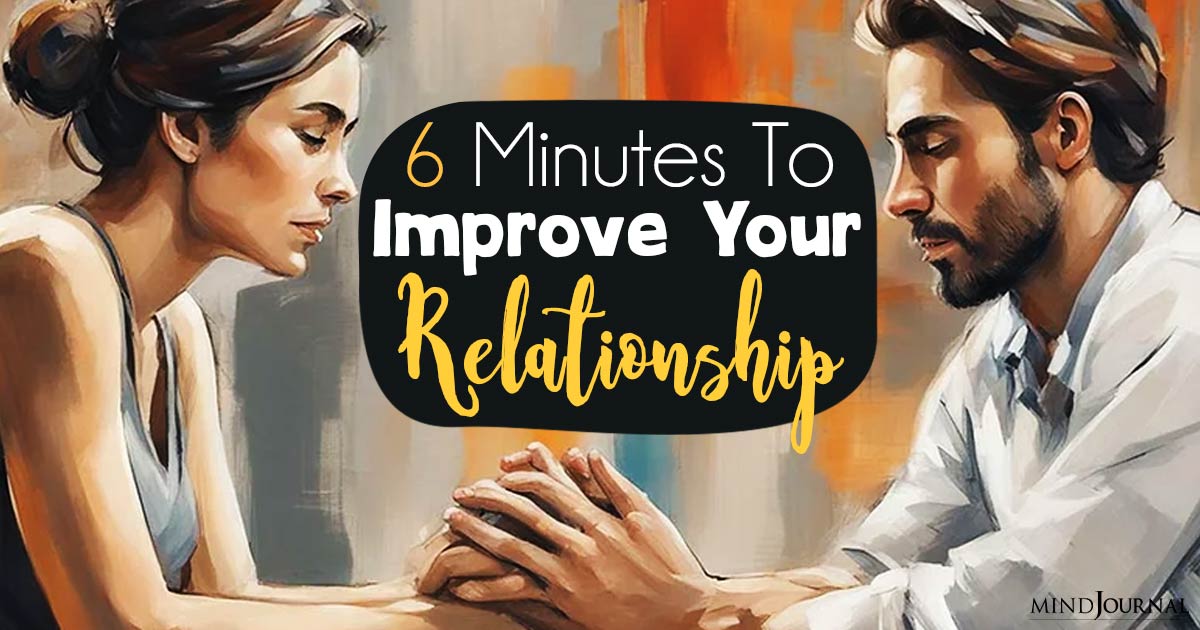

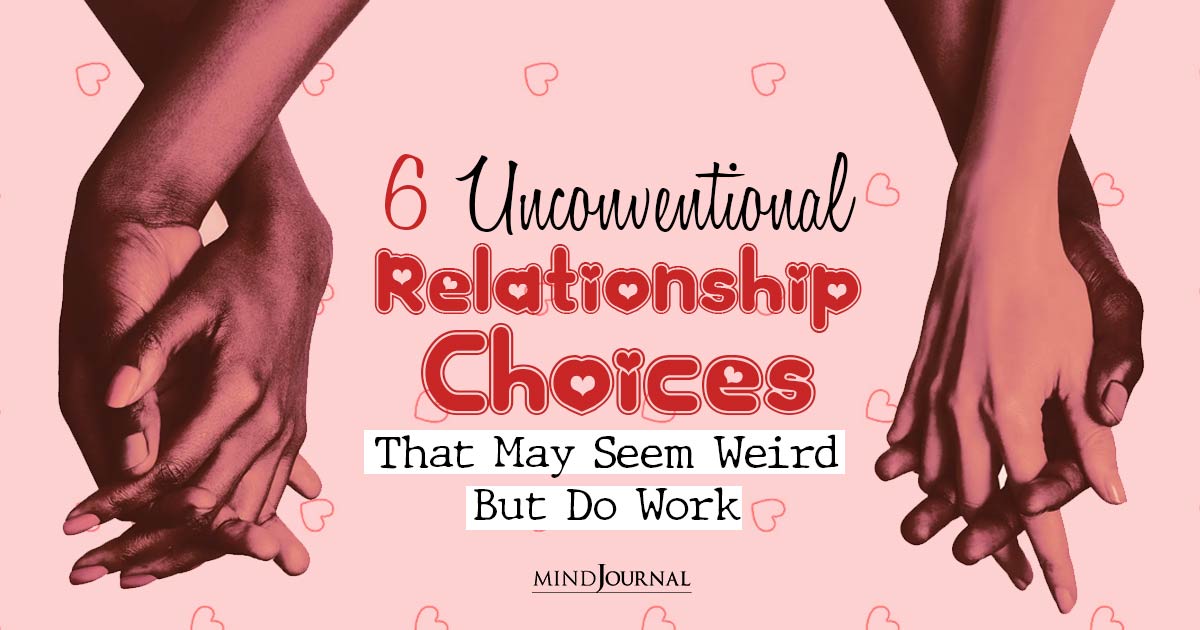
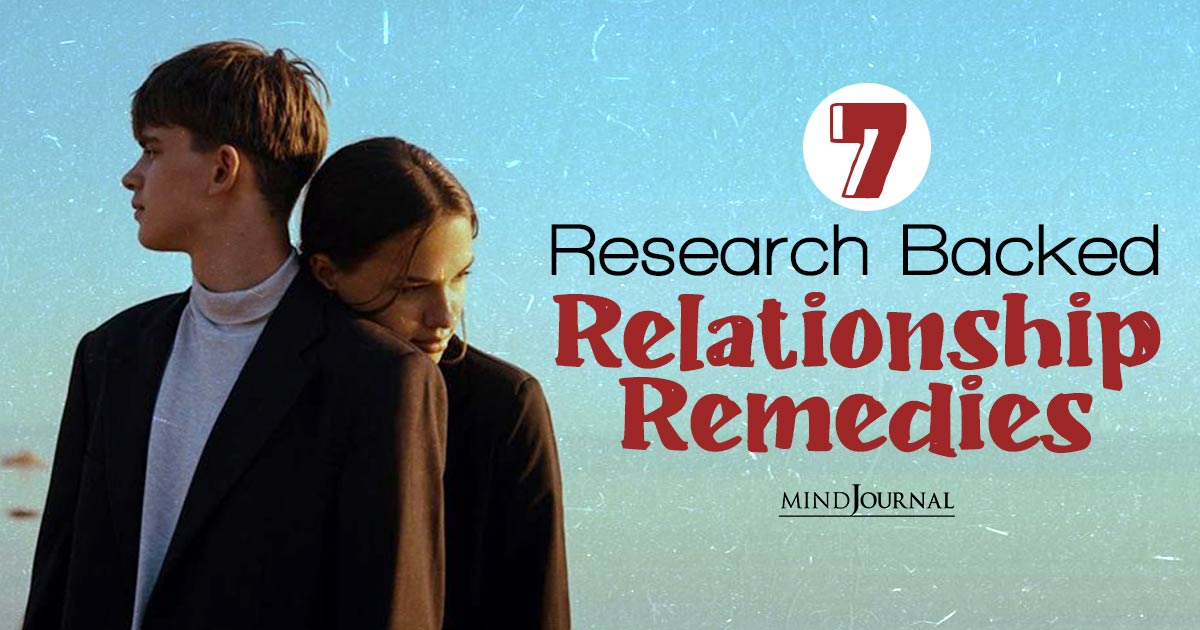
Leave a Reply
You must be logged in to post a comment.